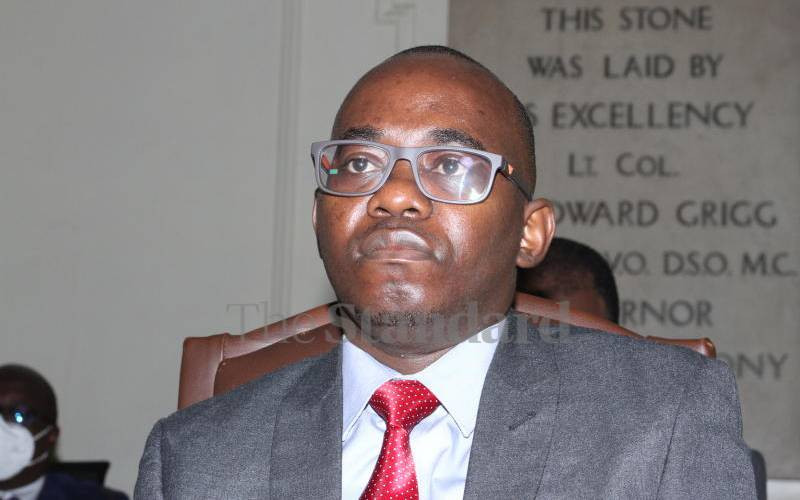
Audio By Vocalize

In an era where information flows freely and the media wields substantial influence in shaping public discourse, the demand for a mechanism that efficiently and effectively resolves disputes within the media sector is paramount. Such a system not only upholds the principles of a free, independent and professional media but also lays the foundation for socio-economic progress.
The success of any mediation process is not a matter of chance but the outcome of a meticulously planned strategy that guides the efforts. These fundamental principles include preparedness, consent, impartiality, inclusivity, party ownership, a robust legal framework, coherence, coordination, complementarity and cost considerations.